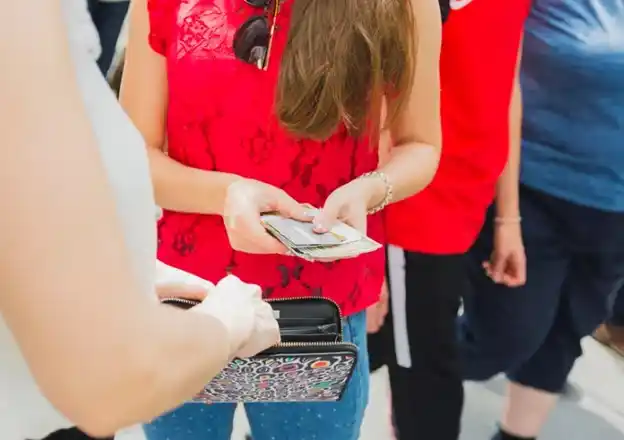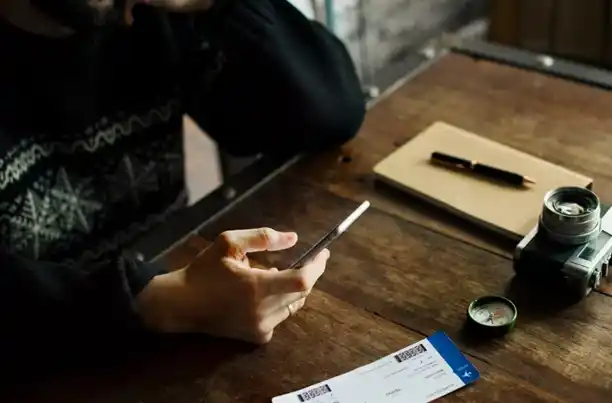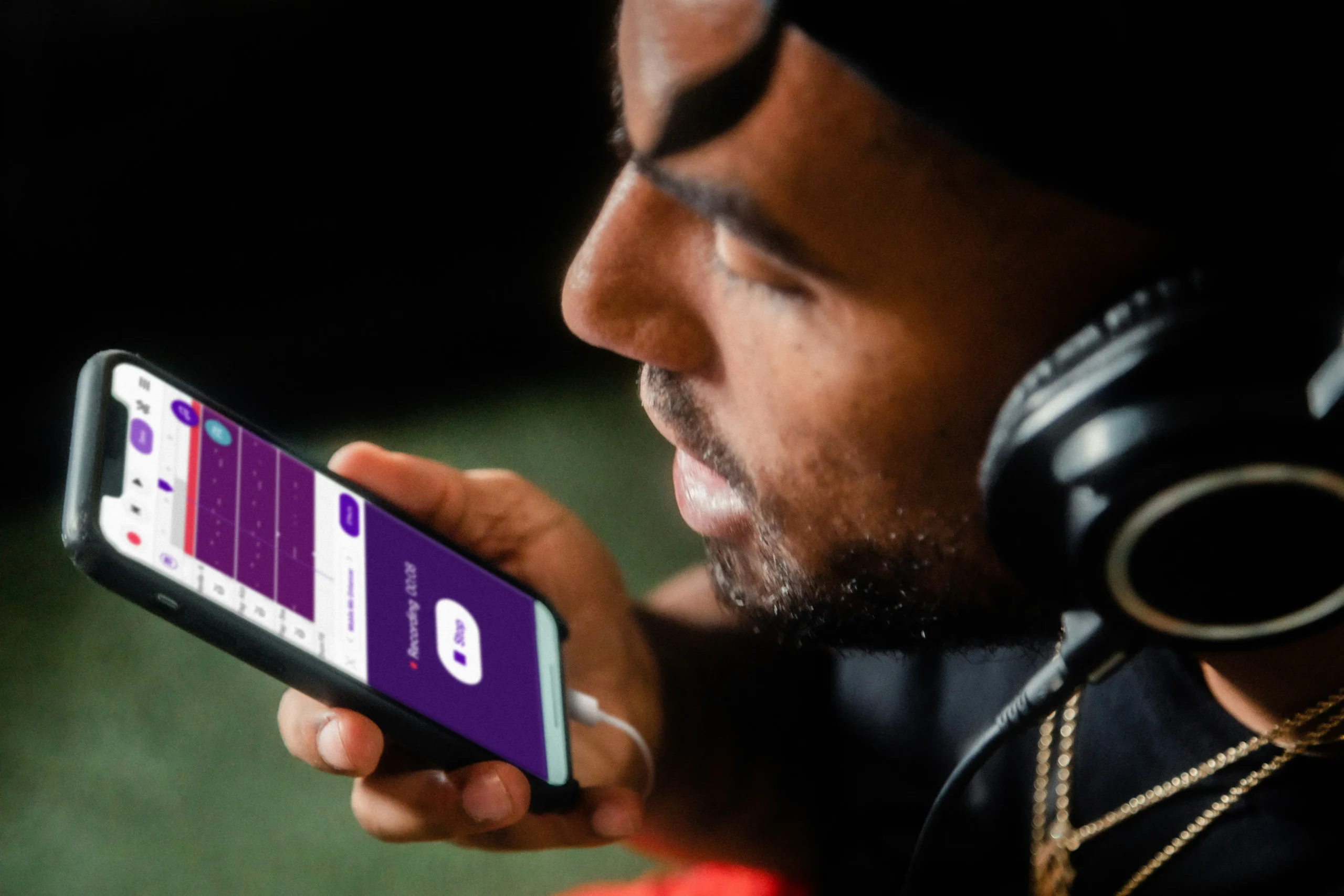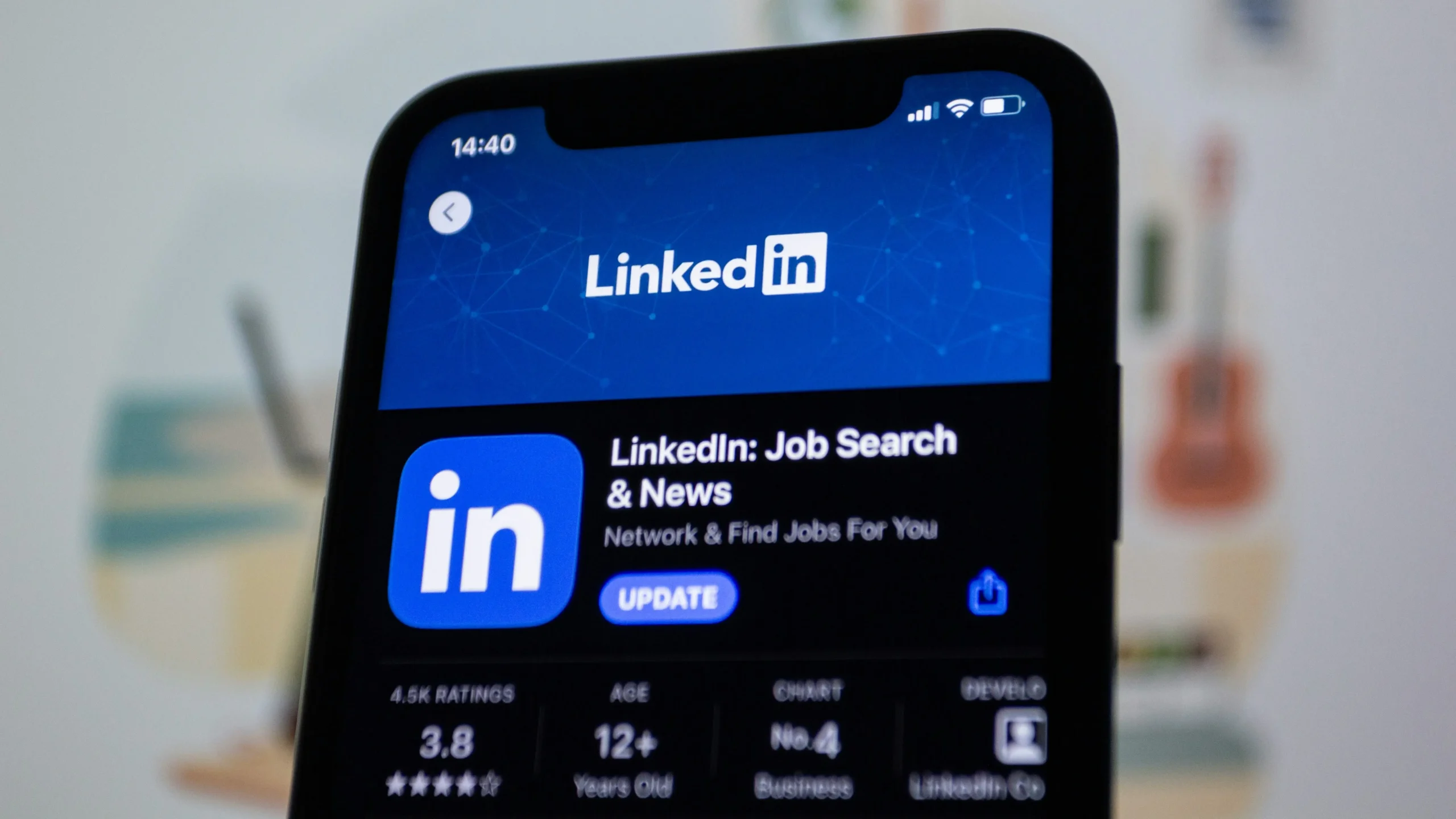Going to concerts, sports games, or major events is an exciting experience, but purchasing tickets online isn’t always as safe as it seems. Research from Altia shows that over £6.7 million (around USD 8.5 million) was stolen from buyers through ticket fraud in the past year alone, leaving many fans disappointed and out of pocket.
Online platforms like Ticketmaster make it easy to find tickets for events, but they also open the door to scammers looking to take advantage of buyers. In this post, we’ll explain the basics of Ticketmaster scams, the most common types, and simple tips to help you stay safe when buying tickets online.
Need support after a scam? Join our community today.
What Are Ticketmaster Scams?
Ticketmaster scams happen when fraudsters trick buyers into paying for fake or non-existent tickets. These scams often target people searching for high-demand event tickets, taking advantage of their urgency and excitement.
While Ticketmaster is a legitimate platform that sells tickets for concerts, sports matches, and other events, scammers have found ways to exploit the system. According to Digital Music News, 90% of fraudulent ticket sales originate from social media, where scammers promote fake tickets or direct buyers to fraudulent websites.
Explore the 6 most common holiday scams and some tips for recognizing them this holiday season.

How Do Ticketmaster Scams Work?
Taking advantage of the excitement and enthusiasm for popular events like major concerts or sold-out games, scammers trick people into paying for tickets that don’t exist. Here’s how Ticketmaster scams usually operate:
1. Finding a Fake Website
While searching for tickets, you might come across a website that closely resembles Ticketmaster. From the logo to the design, it looks official, making it easy to trust at first glance.
2. Completing the Payment
The site asks you to share personal and financial details, making you believe you’re securing your tickets. However, after payment, problems arise:
- You may receive tickets registered in someone else’s name.
- No tickets might show up at all.
- Your credit card might be charged far more than the advertised price.
3. Discovering the Fraud
Later, you may notice the website’s address doesn’t quite match the official Ticketmaster URL, or you realize there’s no legitimate customer service to resolve your concerns.
What Are the Common Types of Ticketmaster Scams?
Buying tickets online can be risky if you don’t know how to spot scams. Here are the most common types of Ticketmaster scams and how they work:
1. Fake Websites
Scammers create websites that replicate the official Ticketmaster site. These sites often have a web address that looks almost identical to the real one, such as “ticket-mastr.com” instead of the real URL “ticketmaster.com”. Knowing how to spot fake websites can help you avoid scams.
2. Phantom Tickets
When popular events sell out, scammers advertise fake tickets on platforms like eBay or classified ads. To appear legitimate, scammers may use pictures of real tickets and advertise them as great deals, typically insisting on direct bank transfers or digital payment apps, but the tickets never arrive.
3. Fraudulent Customer Support
Fake customer service numbers are shared through false websites or phishing emails. When buyers call for help, scammers pretend to be professionals and trick them into sharing personal or financial information.
4. Ticket Duplication
Sometimes fraudsters find online posts from ticket sellers who accidentally reveal sensitive information, like barcodes or QR codes. They duplicate these tickets and sell multiple copies, leaving buyers with invalid tickets at the event entrance.
5. Unauthorized Account Access
Scammers may gain access to your Ticketmaster account through phishing, weak passwords, or reused credentials from other breached sites. Once inside, they can transfer or sell your tickets, locking you out of your account and leaving you without access to your tickets.
Don’t let hackers take control—find out how to respond effectively if your account is hacked, and you’re being threatened.
How to Confirm Your Tickets Are Real?
To confirm your tickets are real and avoid sharing your banking information with a scammer pretending to be a customer support agent, here are some tips that can help.
- Verify in Your Ticketmaster Account: If your purchase was through Ticketmaster, log in to your account and check the “My Events” section. Tickets listed there are linked to your account and are genuine.
- Always Use Official Sellers: Buy tickets directly from platforms like Ticketmaster, Live Nation, or the event’s venue. These sources deliver verified tickets that are guaranteed to be authentic.
- Watch out for Suspicious Emails: Ticket-related emails should only come from official Ticketmaster email addresses, like those that end in “@ticketmaster.com.” Avoid trusting emails sent from personal or generic email services.
- Evaluate Physical Tickets For paper tickets, check for errors in the text, poor print quality, or unusual formatting. For example, Ticketmaster does not use commas in dates, but scammers often overlook this detail.
- Secure Your Online Accounts: Use strong passwords and avoid reusing them across sites. If possible, include extra security features, such as two-factor authentication, to protect your account from unauthorized access.
Have questions about dealing with scams? Contact us for support.

What Do You Do If You Get Scammed Buying Tickets?
Discovering that you’ve been scammed can be frustrating, but acting quickly increases your chances of recovering your money or tickets. Here’s what you should do:
1. Contact the Vendor Immediately
If your tickets were purchased through Ticketmaster or a resale platform, reach out to their customer service. In some cases, they may be able to issue replacement tickets or invalidate the fraudulent ones.
2. Inform Your Bank or Payment Platform
If you used a credit card or payment service like PayPal, contact them and request a chargeback. Explain the situation and submit any supporting documents, such as receipts or emails from the transaction.
3. Report the Fraud
Submit a report to the Federal Trade Commission (FTC) at ReportFraud.ftc.gov to document the scam. If your personal information was stolen, file an identity theft report at IdentityTheft.gov.
Also, file a police report with your local authorities Some financial institutions may require this for refund requests, and it helps build cases against scammers.
4. Protect Your Identity
Consider signing up for credit monitoring services to protect your personal and financial information. These tools can alert you to suspicious activity and help prevent further damage.
Ticketmaster Scams: Real Cases of Intentional Ticket Theft
A growing number of Ticketmaster users have reported that their concert tickets disappeared from their accounts, resulting in financial losses. The company has attributed these incidents to scammers accessing fans’ email accounts rather than a direct breach of Ticketmaster systems.
How Scammers Are Targeting Fans
Scammers are reportedly hacking users’ email accounts to steal valuable concert tickets. Once inside, they transfer the tickets to other accounts or resell them for profit. Some public cases were:
- Blaine Heck lost $3,500 in Taylor Swift tickets her family had purchased for her and her niece through StubHub. The tickets, in a prime location, were transferred by scammers, leaving her locked out of her Ticketmaster account, as reported by Market Watch.
- Savannah Van Skyhawk bought $300 tickets for a Taylor Swift concert more than a year ago at face value. Scammers stole and resold them for up to $5,000 each, making it impossible for her to replace them, according to WTHR.
What was Ticketmaster’s Response?
Ticketmaster advises users to strengthen the security of their email accounts with unique passwords, as email vulnerabilities are often the root cause of these incidents. According to a spokesperson in USA Today:
“Scammers are looking for new cheats across every industry, and tickets will always be a target because they are valuable.”
Earlier this year, Ticketmaster reported unauthorized activity on a cloud database hosted by a third-party provider. While no user passwords were compromised, the breach exposed limited personal information, including emails and phone numbers.

Avoid Falling Victim to Ticketmaster Scams with CDN
Ticketmaster scams are proof that even when buying tickets from the comfort of your home, you can still fall victim to fraud. While these platforms must certify that they are secure and reliable for sharing sensitive financial or personal information, it’s also your responsibility to protect your accounts and verify purchases.
For extra help in the fight against fraud, Cryptoscam Defense Network supports you with fraud detection techniques and resources. Whether you are purchasing event tickets or managing other online accounts, staying informed and using reliable tools is key to avoiding scams and protecting your investments.
We Want to Hear From You!
Fraud recovery is hard, but you don’t have to do it alone. Our community is here to help you share, learn, and protect yourself from future frauds.
Why Join Us?
- Community support: Share your experiences with people who understand.
- Useful resources: Learn from our tools and guides to prevent fraud.
- Safe space: A welcoming place to share your story and receive support.
Find the help you need. Join our Facebook group or contact us directly.
Frequently Asked Questions (FAQs) About Ticketmaster Scams
Is Ticketmaster a Legitimate Platform?
Yes, Ticketmaster is a well-known and legitimate platform that sells tickets for concerts, sports events, and more. However, its popularity has made it a target for scammers who impersonate Ticketmaster through fake websites or phishing emails.
Does Ticketmaster Refund Scams?
If your Ticketmaster account has been hacked and your tickets were transferred or duplicated, Ticketmaster may assist by canceling the fraudulent tickets and reissuing new ones.
However, if you purchased fake tickets through a third-party site or from an individual, Ticketmaster cannot offer a refund. In such cases, contact your credit card company or payment platform to file a chargeback and try to recover your funds.
Is Ticket Resale from Ticketmaster Legit?
Yes, Ticketmaster’s resale platform is legitimate. When you purchase a resale ticket through Ticketmaster, the transaction is processed like a standard ticket purchase. Each ticket is verified during the transfer to confirm it is valid and grants access to the event.
However, it’s important to confirm that you are using Ticketmaster’s official resale platform, as scammers often create fake websites that mimic Ticketmaster to confuse buyers. Always double-check the website URL and purchase only through trusted sources to avoid scams.
Photos via Freepik.







